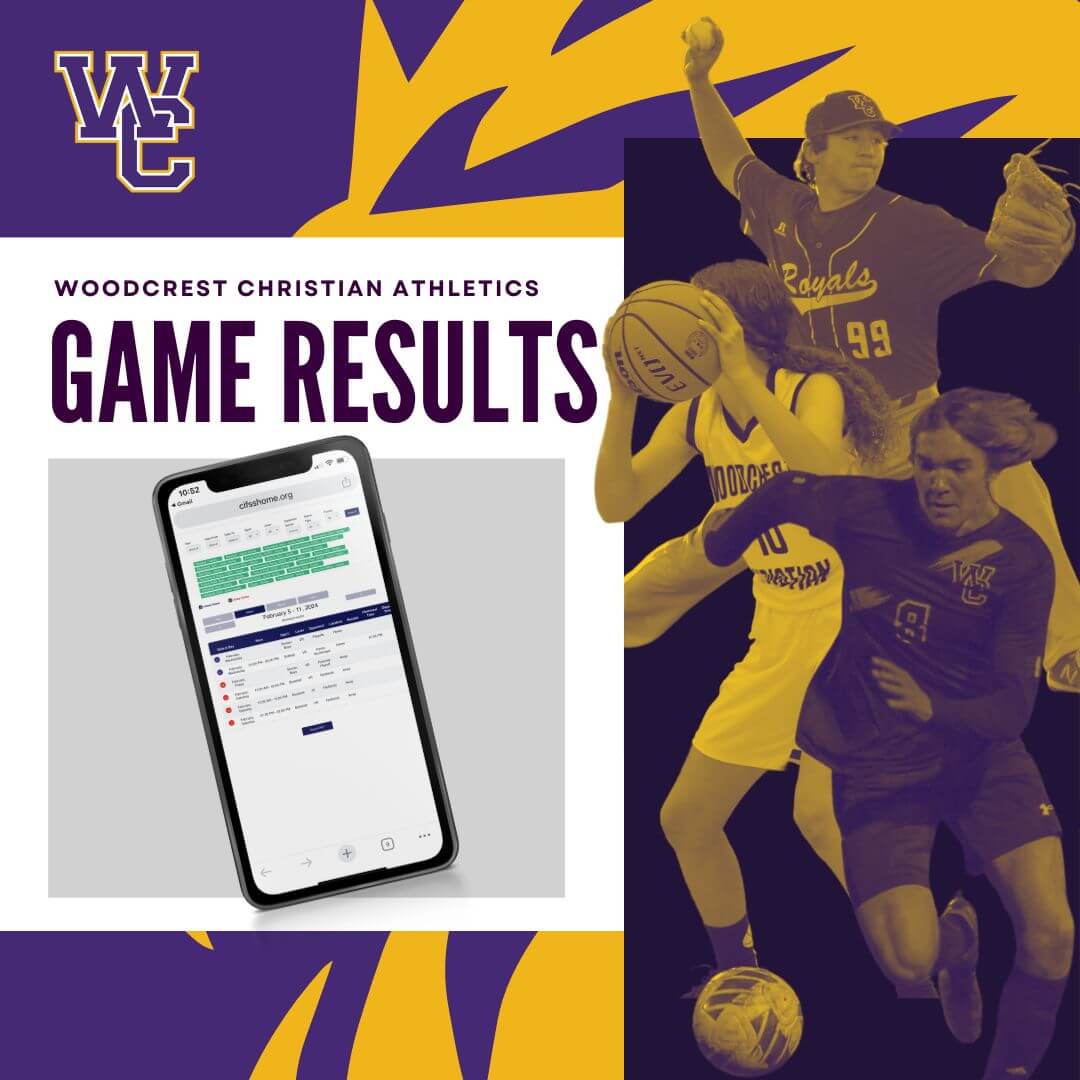In an earlier post, I referenced the old proverb “it takes a village to raise a child.” While there is certainly a level of truth to that statement, perhaps the important question is, “Who makes up the village?”
We often think about those people who are close to us physically and have significant impact on the lives of our children. People like grandparents, aunts, uncles, and maybe even close friends. But truthfully, our “village” is often filled with others that we, as parents, invite in but do not consider have an impact on our kids.
It is important to note that the older our children become, the more influence these invited “guests” have on our children’s thinking. When we think about inviting these “guests” into our homes or our children’s lives, it is good to remember Proverbs 13:20 which reminds us, “ Walk with the wise and become wise; associate with fools and get in trouble.”
Who makes up the “village”? They are social media, the internet, music, movies, and TV shows.
Who are these “invited guests”? They are social media, the internet, music, movies, and TV shows. As parents, we work hard on instilling our kids with core values and beliefs that will help them grow into responsible adults who love Jesus and live lives marked by God’s Truth. When we add our “village,” we are including those folks who are like-minded and will join us in that effort.
So we must ask ourselves, do the websites and social media sites our child visits also support our thinking? Do the TV shows, movies, or music they watch or listen to do the same? We are well past the time of arguing whether these sources have any influence on our children—study after study affirms they do. (A recent study showed adults watching different news sources changed their minds about political issues—our kids are much more easily influenced.) So what do we do as parents? How do we help our kids navigate the multiple messages they receive every day?
First, recognize that all media has a message—it is not neutral. It doesn’t matter what the site is—the message is there. It’s just a matter of deciding which message you want your child to hear.
It’s the latest push to normalize the LGBTQ lifestyle, which is present in most TV commercials and movies now, especially children’s programming. What used to be considered “safe” is safe no longer. From Sesame Street to Disney, the push to normalize behavior that God’s Word calls sin is ever present.
From Sesame Street to Disney, the push to normalize behavior that God’s Word calls sin is ever present.
Recently, Amazon produced a series based on the 1992 movie A League of their Own that now incudes a same sex attracted couple that wasn’t in the original. Whether it’s content for younger children or for teens, often found on the Disney+ channel, Disney is hard at work using the LGBTQ agenda from same-sex kisses among teens, transgender characters, same sex parents, and more.
In addition to the LGBTQ agenda, more and more content pushes worshipping the creation rather than the Creator or believing that everyone’s truth is equal and valid. It truly is nothing less than a radical attempt to change the culture of America and certainly to undermine a Biblical worldview.
…more and more content pushes worshipping the creation rather than the Creator or believing that everyone’s truth is equal and valid. It truly is nothing less than a radical attempt to change the culture of America…
After recognizing that the issue truly exists, it takes careful monitoring of your child’s media intake to create wise discerners of Biblical Truth. It will mean pre-reading or watching what your child will read/watch so that you can be informed of the content and decide whether it is appropriate.
It will mean pre-reading or watching what your child will read/watch so that you can be informed of the content and decide whether it is appropriate.
At some point, you will need to simply restrict your child from consuming the media until he or she is of an age where you can watch it together and discuss where the pushed agenda falls short of God’s perfect Truth and what that Truth promises to all of us. It’s a challenging task, but it will pay great dividends as you prepare your child for the future.
Ensuring their media consumption matches your own values is of critical importance. There are books, TV shows, movies etc. out there that help work toward developing a foundation of Biblical Truth. Connect with like-minded parents at church or school to gather ideas and possibilities. Focus on the Family offers a variety of resources to help parents in this area. It is actually very satisfying to not have to worry about what your child is watching or reading.
In the end, God grants us children for a short while but gives us the responsibility to raise them in God’s Truth, ready to live their life for Him. It’s a grand responsibility but one that can be filled with much joy as they become adults who live for Him. It is then that you look back and realize all of the hard work has been worth it!

















